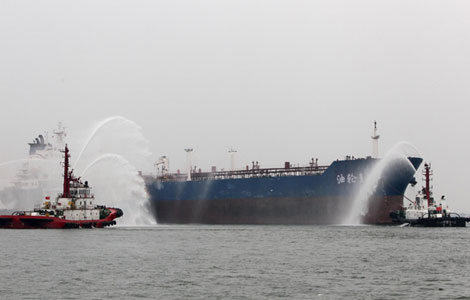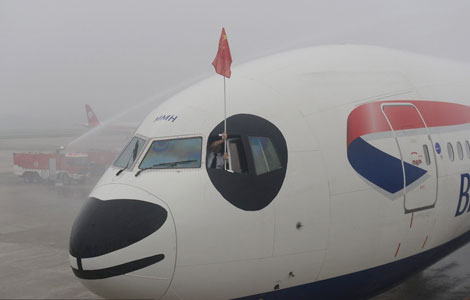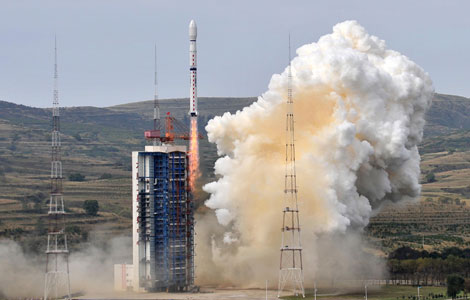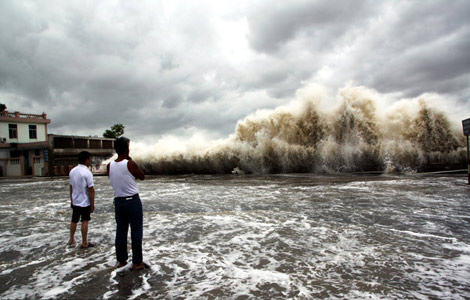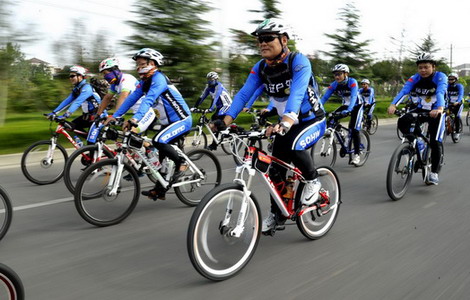

BEIJING - Chinese drivers will have to pay more in fuel prices amid the country's drive to reduce air pollution through upgraded fuel quality.
In the next two years, the prices of motor gasoline and diesel which meet the national 'fourth-phase' standard will be raised by 290 yuan (46.8 U.S. dollars) per tonne and 370 yuan per tonne, respectively, the National Reform and Development Commission (NDRC), the country's top economic planner, said on Monday.
After 2017, the prices of motor gasoline and diesel that meet the national 'fifth-phase' standard will be lifted further by 170 yuan per tonne and 160 yuan per tonne, respectively, said the NDRC.
China has announced stricter motor fuel standards in a bid to reduce harmful emissions after smog blanketed much of the country at the beginning of 2013.
The State Council, or the cabinet, has mandated that sulphur content for both gasoline and diesel be set at no more than 10 ppm (parts per million) by 2017, a reduction from the fourth-phase standard of 50 ppm.
Beijing is the only city in China to have already adopted the 'fifth-phase' standard, equal to Europe's Euro V vehicle emissions cap of sulphur content below 10 ppm.
Under the country's timetable of fuel quality upgrades, motor gasoline should meet the 'fourth-phase' standard by the start of 2014 and motor diesel by the start of 2015; both gasoline and diesel should meet the 'fifth-phase' standard by the start of 2018.
The fuel quality upgrade does not mean an immediate price hike nationwide as local authorities are allowed to set prices in light of local conditions and encouraged to initiate the upgrade ahead of schedule if conditions permit, according to the NDRC.
Air pollutant is expected to fall substantially after the upgrade in China's developed regions, including Beijing, Shanghai, Jiangsu and Zhejiang, where the national 'fourth-phase' standard of 50 ppm or below is used.
The rest of the country have adopted lower emission requirement, called national 'third-phase' standard, which allows the sulphur content of fuel to be as high as 150 ppm.
According to the NDRC, one fifth of the country's polluting particulate matter smaller than 2.5 micrometers in the air comes from vehicle emissions.
Compared to the 'fourth-phase' standard, particulate matter emitted by vehicles using the 'fifth-phase' standard will be reduced by 82 percent and nitrogen oxide compounds by 25 percent, joint research by the NDRC and the Ministry of Environmental Protection indicated.
